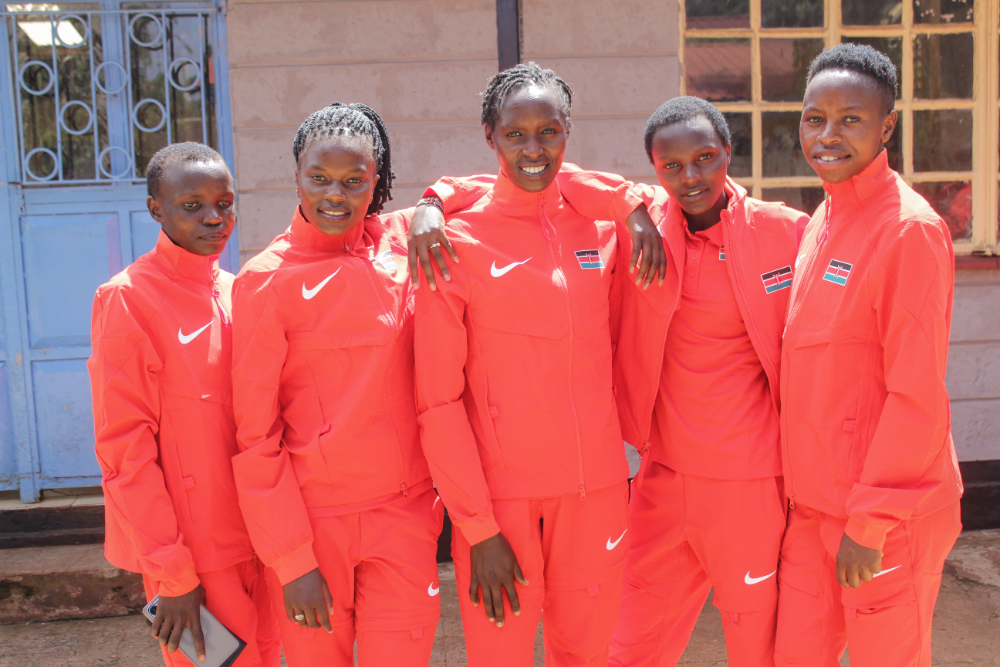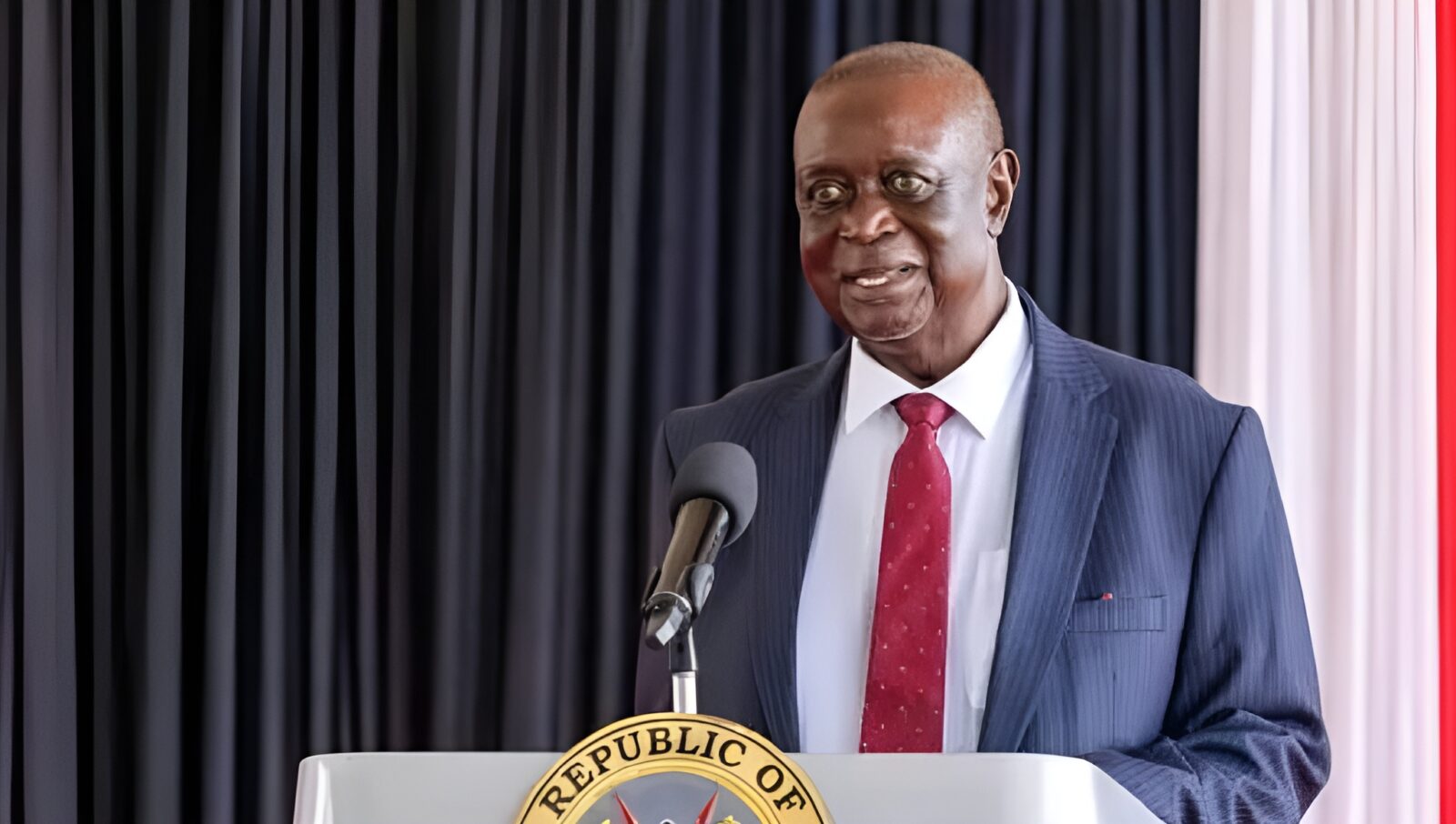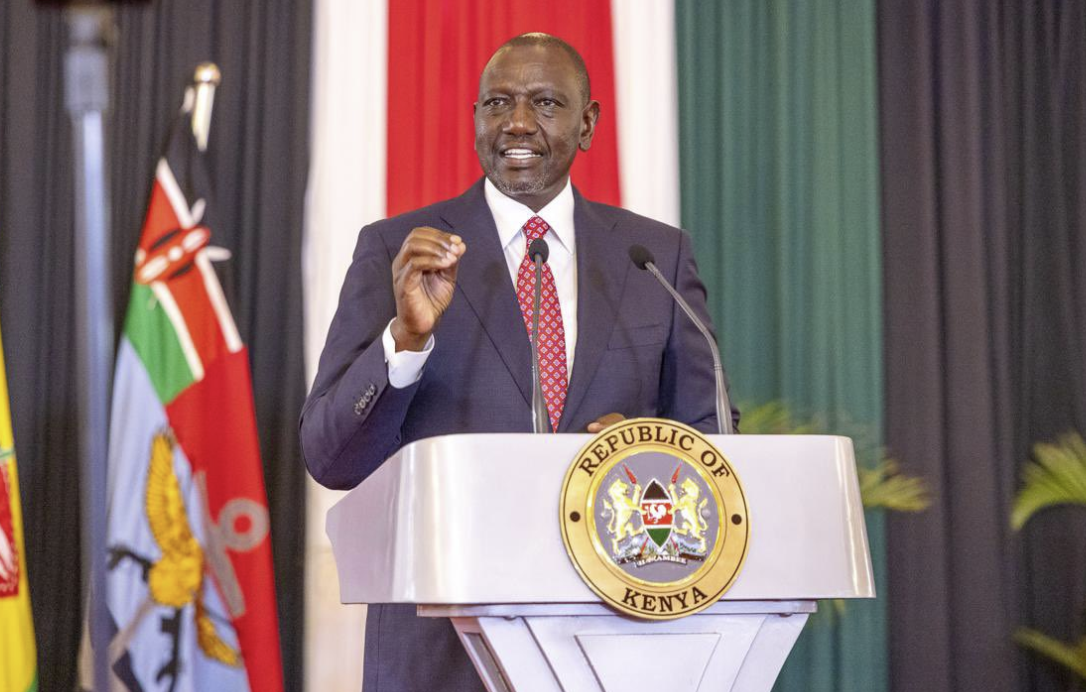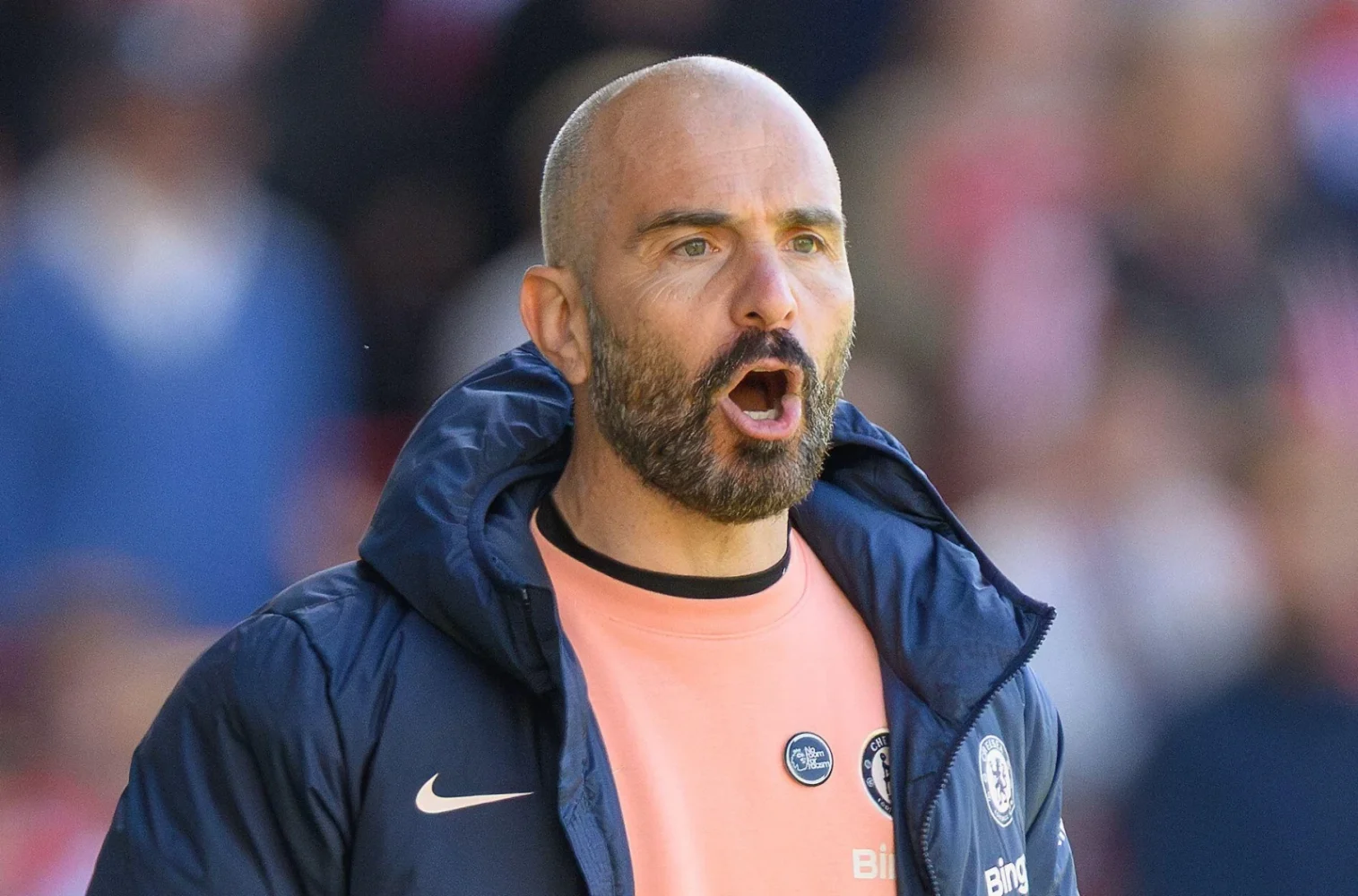The Kenya Universities and Colleges Central Placement Service (KUCCPS) has opened the portal for students to apply for university, colleges and TVET courses over the next two weeks.
This marks a crucial milestone in the academic journey of thousands of students.
However, amidst this seemingly routine procedure lies a serious concern on the ambiguity surrounding the new funding model for universities.
Undoubtedly, education is a fundamental right, and every deserving student should have equal opportunities to pursue their desired courses based on merit rather than financial constraints.
Regrettably, the current climate of uncertainty, misinformation, and dwindling household incomes threatens to compromise this principle. One of the gravest concerns is the potential misalignment between students’ academic aspirations and their course selections.
Traditionally, high-achieving students have set their sights on prestigious fields such as medicine and dentistry, driven by their stellar performances in the KCSE exams.
However, the reality of financial burden may compel these bright minds to opt for more economically viable alternatives, irrespective of their passion or academic prowess.
Moreover, the inadequacy of alternative funding avenues exacerbates the predicament, with scholarships, student loans, and bursaries no longer serving as reliable safety nets.
The opaque criteria for assessing students’ eligibility for financial assistance only adds to the prevailing sense of uncertainty, further marginalizing those most in need of support.
It is imperative to reassess the current approach to university funding to ensure equitable access to education for all.
It is incumbent upon us to uphold the principles of fairness, opportunity, and meritocracy, ensuring that every student, regardless of background, has the chance to realize their full potential and contribute meaningfully to society.
Copy by Fred Indimuli- host Morning Cafe show











